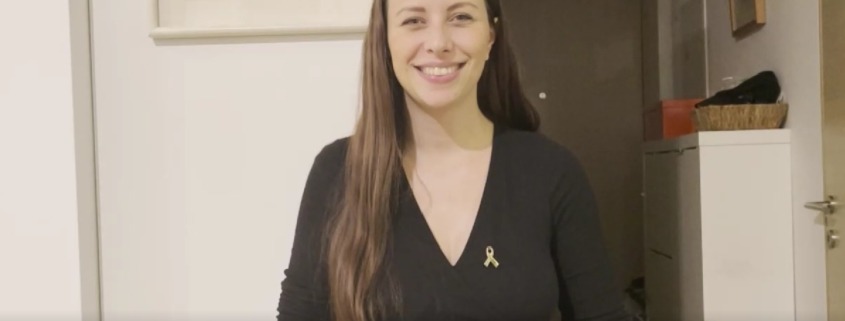On Wednesday, October 20, 2021, MEP Irena Joveva spoke at the first International Conference titled “Living with Cancer after Cancer”, which aimed at the comprehensive rehabilitation of cancer patients. Distinguished speakers and guests from home and abroad introduced one of the most relevant and yet very overlooked topics in the holistic treatment of these patients – the topic of life with cancer after cancer.
Effective screening programs, improved diagnostics supported by molecular science, a growing choice of treatment that is becoming more patient-friendly, various campaigns and awareness-raising activities for patient organizations… All this has radically changed patient survival statistics and put more and more types of cancer on the map of chronic diseases that can be managed. While all of this has been a great progress, it also raises new questions, especially about the best possible quality of life after treatment. Joveva discussed several issues at the event, such as how to return to work, what are the main needs of cured patients in terms of medical, psychological, social needs, and what about the right to be forgotten.
During the first part of the conference on the introduction to the comprehensive rehabilitation of cancer patients, the MEP gave a speech. She pointed out that life often changes a great deal after cancer, both for the patient and for their loved ones, as life itself does not return to the old tracks: “Patients often no longer have access to the support they would need to get back on their feet. They are facing physical, emotional as well as financial issues, family relationships often change, they are experiencing chronic difficulties that greatly affect their quality of life, and many fear that cancer will recur or feel abandoned at this time when they need support.”
To prepare a draft motion for a resolution on strengthening Europe in the fight against cancer, the European Parliament set up a special parliamentary committee to fight cancer that Joveva is a member of. She listed the essential points of the motion for a resolution aimed at supporting the sick. She explained that the adoption of national legislation would be an important and necessary step towards discriminatory treatment in many areas, such as the conclusion of credit agreements or insurance policies. “It is also crucial to provide supportive care, restore aesthetic integrity and recognize the consequences of cancer treatment. We also call on the Member States to improve the reintegration of cancer survivors into the labour market and to facilitate their return to school,” she said. In addition, she suggested that the European Agency for Safety and Health at Work should be given more authority to play a greater role in promoting good practices in the Member States in relation to the integration of cancer patients and cancer survivors into the workplace and their protection against discrimination.
“The resolution also supports the introduction of a smart card for surviving oncology patients, which will summarize their clinical history. This will facilitate monitoring and follow-up care,” she added, pointing out that progress has already been made in France, Belgium, Luxembourg and the Netherlands and should be encouraged. These countries guarantee cancer survivors the so-called right to be forgotten: “We wish and demand that, at the latest by 2025, all Member States guarantee all European patients the right to be forgotten on the basis of common standards. That is, ten years after completion of treatment and five years after completion of treatment for patients who were diagnosed before the age of 18.”
At the end, she emphasized the importance of events such as this conference that provide a valuable source of information, experience, and challenges, while also helping her to understand and address the real needs of cancer patients and survivors.




Leave a Reply
Want to join the discussion?Feel free to contribute!